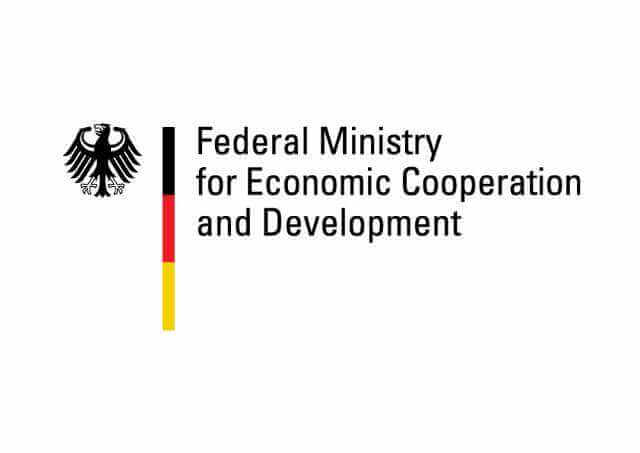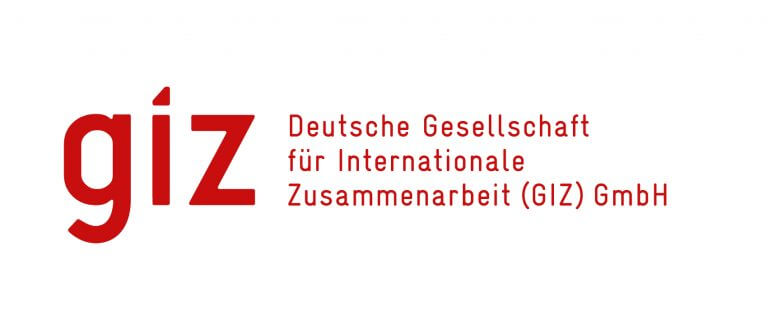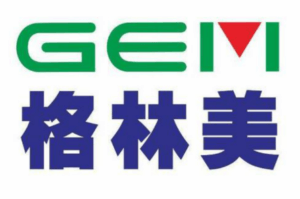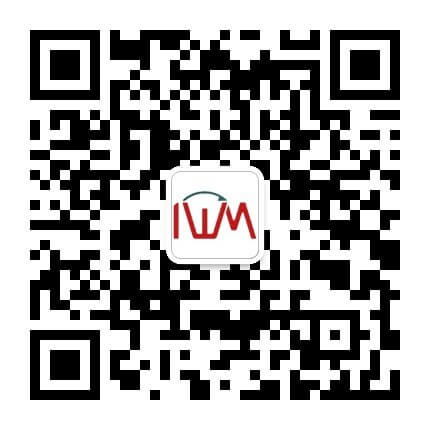From the beginning of 21st century, the automotive industry in China has entered a stage of explosive growth in demand. Since typical scrapping period of automobiles (gasoline) is usually last from 10 to 15 years, while the electric vehicles only ensure for 5-8 years, a peak on End-of-Life cars is currently generating in China. According to the China Association of Automobile Manufactures, the total number of end-of-life vehicles reported to be over 185,000,000 in 2020. However, as mentioned by People’s Daily, among all the vehicles that should be dismantled and reprocessed each year, close to 30% of them are recycled through formal channels with nearly 70% of the rest flow into the underground black market. This can bring potential risks to road traffic safety, and lead to a huge hazard and loss in environmental protection and resource utilization. Let alone that improper dismantling method would greatly endanger the health of frontline workers. Meanwhile, without proper dismantling and recycling, economic benefits of the used parts such as car lights, car tires, and batteries cannot be created entirely. Further, a series of essential policies/regulation can be improved in China, especially the policy on mandatory scrapping of electric ELVs, battery dissembling specifications etc.
To tackle the tremendous challenges, in collaboration with GEM, Covestro, Evonik, TÜV Rheinland, China Automotive Technology & Research Center, the project will pilot the standardized and refined dismantling process in Wuhan and promote the value-added and environment-friendly recycling channels for car lights, tires, and batteries in ELVs by introducing advanced German know-how, which contributes greatly to Greenhouse Gas Emission (GHG) reduction and circular economy. Moving to the next phase, roundtable discussions and a dialogue platform will bring various stakeholders from the governments, industry, and civil society in a global scale to generate a common understanding on the necessity of the advanced ELVs dismantling and recycling to translate project results into written industry strategy guidelines and policies. On a later stage, a set of shared activities such as vocational education and capacity building for students, teachers and frontline workers will be planned to ensure the project’s broad, long-term, and sustainable impact on the sector and will be disseminated to other countries.
To tackle the tremendous challenges, in collaboration with GEM, Covestro, Evonik, TÜV Rheinland, China Automotive Technology & Research Center, the project will pilot the standardized and refined dismantling process in Wuhan and promote the value-added and environment-friendly recycling channels for car lights, tires, and batteries in ELVs by introducing advanced German know-how, which contributes greatly to Greenhouse Gas Emission (GHG) reduction and circular economy. Moving to the next phase, roundtable discussions and a dialogue platform will bring various stakeholders from the governments, industry, and civil society in a global scale to generate a common understanding on the necessity of the advanced ELVs dismantling and recycling to translate project results into written industry strategy guidelines and policies. On a later stage, a set of shared activities such as vocational education and capacity building for students, teachers and frontline workers will be planned to ensure the project’s broad, long-term, and sustainable impact on the sector and will be disseminated to other countries.









Ms. HOU Jingyue
Project Manager
Sino-German Project for Recycling of End-of-Life Vehicles
